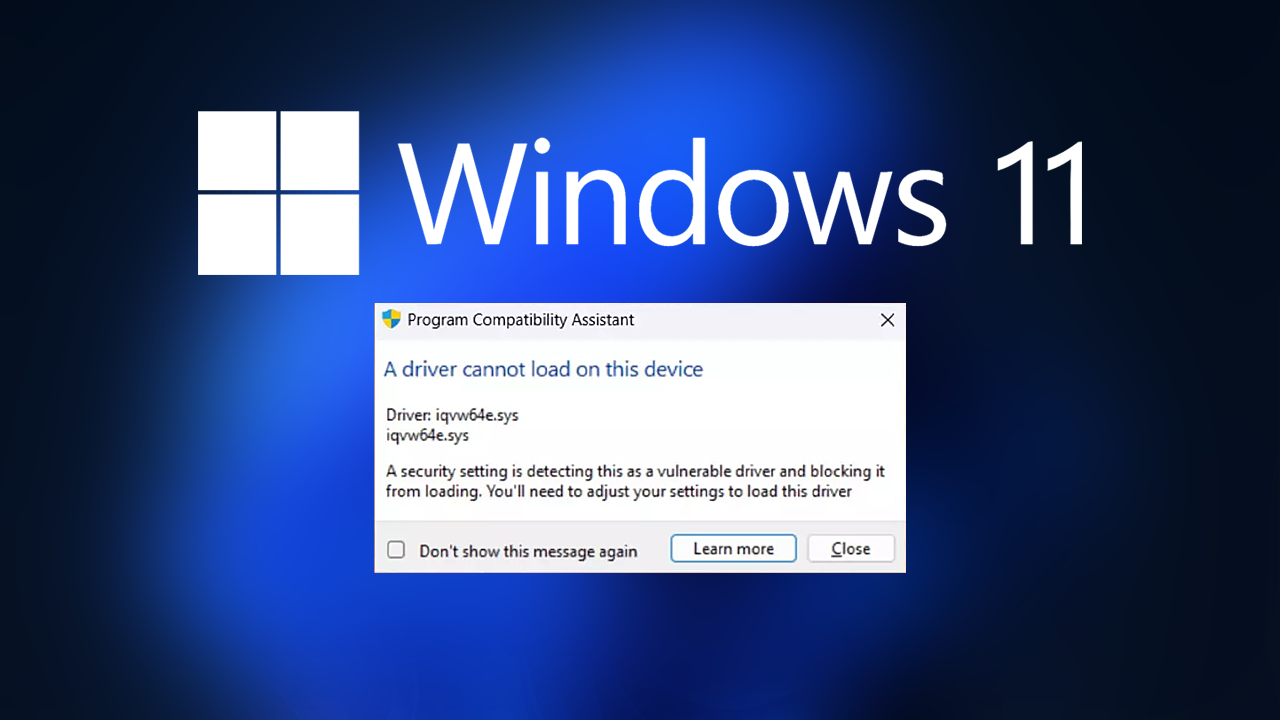As more companies in the UAE embrace digital transformation, cloud migration has become a key focus. Moving to the cloud offers greater flexibility, cost-efficiency, and improved data accessibility. For businesses using Microsoft solutions, migrating to Microsoft Dynamics 365 (D365) cloud is a logical and valuable step.
Whether you’re running an older version of Dynamics ERP/CRM or working with separate systems, cloud migration to Dynamics 365 helps unify operations, enhance performance, and support future growth.
What Is Microsoft D365 Cloud Migration?
Microsoft D365 cloud migration UAE is the process of moving your existing on-premises Microsoft Dynamics systems—like Dynamics AX, NAV, or CRM—to the cloud-based Dynamics 365 platform. The cloud version offers the same core functionalities but with added advantages such as scalability, security, and easier updates.
Why UAE Businesses Are Moving to the Cloud
In the UAE, industries are rapidly modernizing to stay competitive and compliant with local and global standards. Cloud migration enables:
- Remote access to data and systems from any location
- Reduced IT infrastructure costs
- Real-time analytics and automation
- Better compliance with data security regulations
- Scalability for growing businesses
With government initiatives encouraging cloud adoption and digital innovation, organizations across Dubai, Abu Dhabi, and other Emirates are transitioning to cloud platforms like Dynamics 365.
Key Benefits of Microsoft D365 Cloud Migration
- Improved Efficiency
Dynamics 365 integrates CRM and ERP functions, reducing manual work and improving team collaboration across departments. - Automatic Updates
No more waiting for lengthy system upgrades. Microsoft handles regular updates, ensuring your platform is always up to date. - Enhanced Security
With built-in data protection, role-based access, and compliance tools, Dynamics 365 helps UAE businesses meet local cybersecurity requirements. - Faster Decision-Making
Embedded tools like Power BI provide instant insights, helping leaders make informed decisions based on real-time data. - Cost Savings
Moving to the cloud reduces the need for physical servers and lowers maintenance costs, offering predictable monthly subscription pricing.
Cloud Migration Pathways
Microsoft provides several pathways to migrate from legacy systems to Dynamics 365. Common migration scenarios include:
- From Dynamics AX to D365 Finance or Supply Chain
- From Dynamics NAV to Business Central
- From on-prem CRM to D365 Sales or Customer Service
The migration process usually involves assessment, planning, data migration, testing, and user training.
Role of Microsoft Partners in UAE
Migrating to the cloud can be complex, especially for companies with customized systems or large databases. That’s where Microsoft Dynamics 365 partners in the UAE play a vital role.
These certified partners:
- Evaluate your current setup
- Recommend the best migration strategy
- Handle data transfer securely
- Customize applications to suit your operations
- Provide post-migration support and training
Many trusted partners in Dubai and Abu Dhabi offer end-to-end cloud migration services, ensuring a smooth transition without business disruption.
Things to Consider Before Migrating
Before starting your cloud journey, consider the following:
- Current system audit – Understand what data and customizations need to be moved
- Licensing requirements – Choose the right D365 apps based on your business needs
- Data storage and residency – Ensure compliance with UAE’s data laws
- Training and adoption – Prepare your team for the new environment
It’s important to work with a partner who understands both the technology and the local regulatory landscape.
Conclusion
Microsoft D365 cloud migration in the UAE is more than just a technical upgrade — it’s a strategic decision that helps businesses become more agile, secure, and competitive. With the right planning and expert guidance, organizations can move confidently to the cloud and unlock the full potential of Dynamics 365.
By choosing a reliable partner and following a structured migration approach, UAE businesses can ensure a seamless shift to the cloud—positioning themselves for long-term success in a fast-changing digital landscape.

